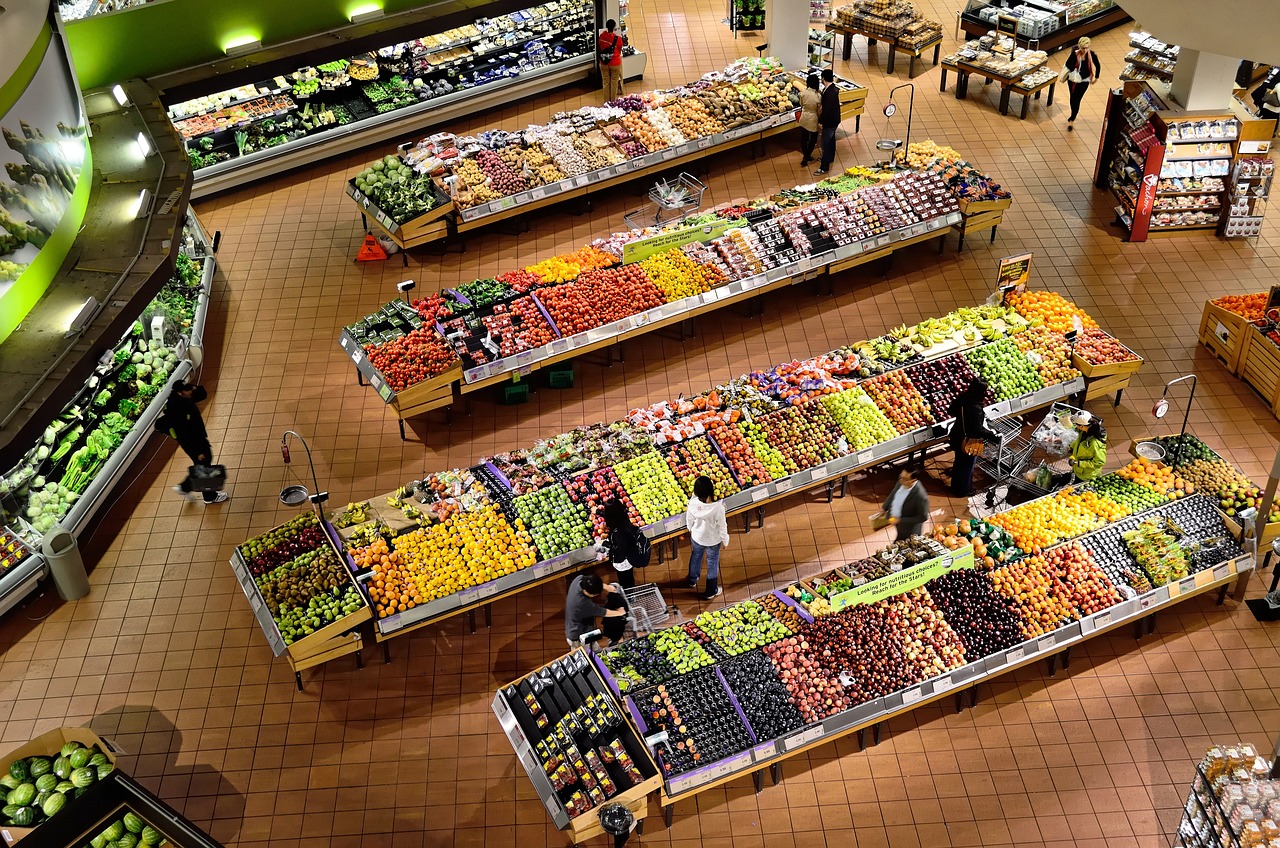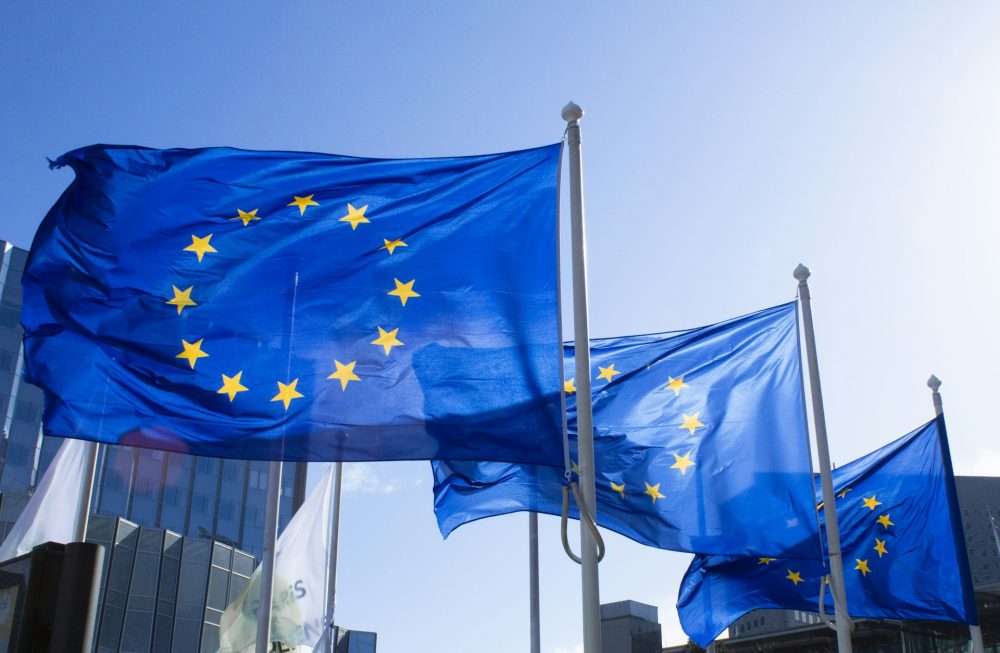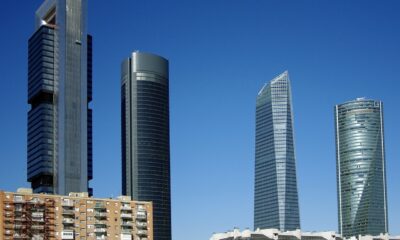Business
Inflation in Spain Rises Three Tenths in August (2.6%) Driven by Food (10.5%)
For its part, core inflation, which is really what most concerns central banks for interest rate hikes, moderated again and reached 6.1% year-on-year, one-tenth of a percentage point less than in July when it rebounded. However, this is its second-lowest reading in a year. According to the Funcas panel of analysts, the underlying CPI will end the year with an average of 5.7%

Inflation in Spain increased again in the month of August, driven by food, which again increased in price after four consecutive falls (10.8%). The consumer price index (CPI) increased by 2.6% this August compared to the basket that Spaniards bought in the same month last year. This is an upturn in the trend, since from last summer until December the index had been showing a lower figure each month than the previous month, something that was repeated from February to June with only one exception.
A rebound that has been repeating itself since June, when prices recorded their lowest increase since March 2021 (+1.9%) and that has to do with the base effect, related to the prices that are taken as a reference for the CPI calculation. For example, August inflation takes August 2023 prices as a reference. Thus, if this August CPI marks a more or less low figure, it may have to do with the fact that prices have not risen too much this month… or that in the same month last year, they did rise strongly, which leaves a “smaller” margin for high increases.
Read more about inflation in Spain and find the latest business news of the day with our companion app, Born2Invest.
With this new, albeit small, peak, Spain is moving away from the European Central Bank (ECB) inflation target (2% for the euro), achieved since April
Even so, Spain continues to be one of the countries with the lowest price increases in the entire eurozone, which the Ministry of Economic Affairs is pleased about. “Spain is consolidating its position as the European economy with the highest growth and lowest inflation, which benefits the competitiveness of our companies and also the purchasing power of wages. Our economic policy is working because it has allowed us to lower inflation eight points in the last year in an inflationary context throughout Europe,” said the first vice-president and acting minister of the branch, Nadia Calviño.
For its part, core inflation, which is really what most concerns central banks for interest rate hikes, moderated again and reached 6.1% year-on-year, one-tenth of a percentage point less than in July when it rebounded. However, this is its second-lowest reading in a year. According to the Funcas panel of analysts, which prepares an average with all the most relevant macroeconomic forecasts, the underlying CPI will end the year with an average of 5.7%, which implies that during the coming months, it should relax somewhat more compared to the latest data, but not too much.
One of the factors responsible for the upturn in the CPI is food, which continues to rise well above the level of the rest of the basket. According to the revised data from the National Statistics Institute (INE), food and non-alcoholic beverages rose by 10.5% in August, three-tenths less than the previous month (10.5%). “This behavior is influenced by the stability of milk, cheese and eggs, compared to the rise of the previous year, the decline in fruit prices and a lower rise in prices of meat and bread and cereals with respect to August 2022,” Statistics collects in its press release.
Prices rose 0.5% in one month; food, 0.2%
With respect to last month, food and non-alcoholic beverages have increased by 0.2%, somewhat less than the general basket, which has increased by 0.5%. Thus, compared to July, transport has been the most expensive (2.9%) mainly due to the price of fuel, while housing (-0.2%) and clothing and footwear (-0.6%) have become cheaper, the former due to the drop in the price of gas and clothing and shoes due to the summer sales.
For the year as a whole, the average collected in the Funcas panel points to prices registering an average increase of 2.9%. This is a figure that, if the prediction is fulfilled, will be well below the 8.5% recorded in 2022, but will not relieve the pressure on the pockets of Spaniards since each price increase is above that of the previous year. On the other hand, it should be borne in mind that at the moment the abolition of VAT on the most basic foodstuffs is still in force, as well as the reduction of VAT on oils and pasta, which leads experts to point out that next year, when these subsidies are withdrawn, prices will rise again.
__
(Featured image by ElasticComputeFarm via Pixabay)
DISCLAIMER: This article was written by a third party contributor and does not reflect the opinion of Born2Invest, its management, staff or its associates. Please review our disclaimer for more information.
This article may include forward-looking statements. These forward-looking statements generally are identified by the words “believe,” “project,” “estimate,” “become,” “plan,” “will,” and similar expressions. These forward-looking statements involve known and unknown risks as well as uncertainties, including those discussed in the following cautionary statements and elsewhere in this article and on this site. Although the Company may believe that its expectations are based on reasonable assumptions, the actual results that the Company may achieve may differ materially from any forward-looking statements, which reflect the opinions of the management of the Company only as of the date hereof. Additionally, please make sure to read these important disclosures.
First published in EL INDEPENDIENTE. A third-party contributor translated and adapted the article from the original. In case of discrepancy, the original will prevail.
Although we made reasonable efforts to provide accurate translations, some parts may be incorrect. Born2Invest assumes no responsibility for errors, omissions or ambiguities in the translations provided on this website. Any person or entity relying on translated content does so at their own risk. Born2Invest is not responsible for losses caused by such reliance on the accuracy or reliability of translated information. If you wish to report an error or inaccuracy in the translation, we encourage you to contact us.

-

 Crowdfunding7 days ago
Crowdfunding7 days agoSavwa Wins Global Design Awards and Launches Water-Saving Carafe on Kickstarter
-

 Biotech2 weeks ago
Biotech2 weeks agoAsebio 2024: Driving Biotechnology as a Pillar of Spain and Europe’s Strategic Future
-

 Business2 days ago
Business2 days agoDow Jones Nears New High as Historic Signals Flash Caution
-

 Business2 weeks ago
Business2 weeks agoFed Holds Interest Rates Steady Amid Solid Economic Indicators

























